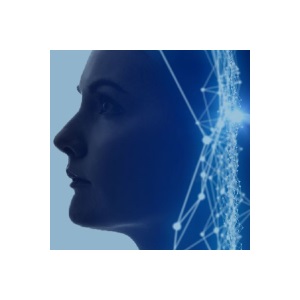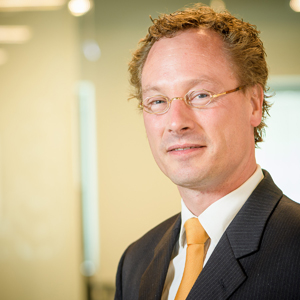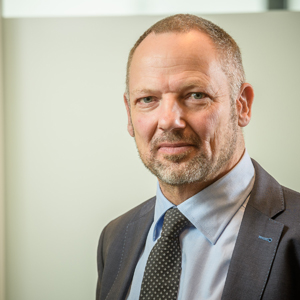
Innovations based on artificial intelligence and machine learning by computers are becoming increasingly common. V.O. is undoubtedly also interested in these consequences for patents.
In 2016, a system by DeepMind called AlphaGo beat the best player in the world Lee Sedol at the game Go. Go is a strategy game from China that is more than 2,500 years old and has an almost infinite number of possible moves. In this experiment, AlphaGo seemed to have intuition and creativity, two important human traits that a computer never seemed to show before.
This was an important step in the development of artificial intelligence, usually abbreviated as AI (artificial intelligence). AI refers to devices that record and respond to data from their environment by making independent decisions based on patterns that the system recognizes in the data. In other words, AI is not primarily about the processing power, but about the ability to (independently) learn and make decisions. AI is powered by machine learning, a technique that learns to recognize patterns in large collections of data. Much of what is happening now was already known, but due to the increasing computing power of computers, this well-known technology can be applied more and more effectively in practice. Patent attorney Dirk de Jong has years of experience with the development of AI. During his career at Philips, he was active in the field of pattern recognition and image processing: It is fascinating that we are not at the point where we have almost self-thinking systems, which of course has consequences for the patent profession. First, in regard to the protection of the technology, but it also raises the question of who the inventor is of technology developed by, or with the help of, an AI system.’
Endless applications
One well-known field of application for machine learning is facial recognition. Facial recognition is complex: computer systems analyze millions of images, from the global level to the smallest details. This causes similarities to be found in facial features. The portraits are sometimes small, but that’s enough for a mathematical model to find similarities between images. Google, Apple, and Instagram photo services analyze your digital photos in this way.
AI systems are also being more widely used in the medical sector. De Jong: ‘As early as the 1970s, expert systems, such as the MYCIN system, were developed that were able to make a diagnosis using logical reasoning in combination with probability. Neural-network-based systems are the most recent. A neural network is trained with examples labelled by the specialist, such as images of benign and malignant tumors and ‘discovers’ for itself the rules with which it can make a diagnosis on the basis of an unlabeled image.’
Technological applications
Patent attorney Jasper Groot Koerkamp expects many innovations in the coming years in the area of machine learning and AI. I see an increasing number of clients who have questions about this subject. I am happy to engage in that conversation. From a patent perspective, an important question is if it concerns a technological application, for example the processing of imaging data or measurement data, or the control of a device on the basis of those data. If that is the case, a patent application is more likely to succeed, because the technical aspect of an invention is a requirement for obtaining patent protection.
European Patent Office
Moreover, the way in which the European Patent Office assesses patent applications in this area is subject to change. Jasper Groot Koerkamp: This does not make it any easier to assess whether a patent application is likely to be successful. We also see many startups in the AI field who have very little knowledge of patent law and are sometimes also afraid that they will be confronted with enormous costs. Therefore, and because of the uncertainty of the chance of success, they hesitate to apply for a patent. On the other hand, future investors certainly do want to know whether there is a chance of obtaining a patent. In an introductory meeting, we can discuss all these issues pertaining to a specific invention. We also think with you about how innovations can be protected for other applications, because innovations in this field can often be applied in other areas.’
Would you like to know more about artificial intelligence and patent possibilities?
Patent attorney Jasper Groot Koerkamp will be happy to talk to you on all the ins and outs. E-mail: J.grootkoerkamp@vo.eu.

